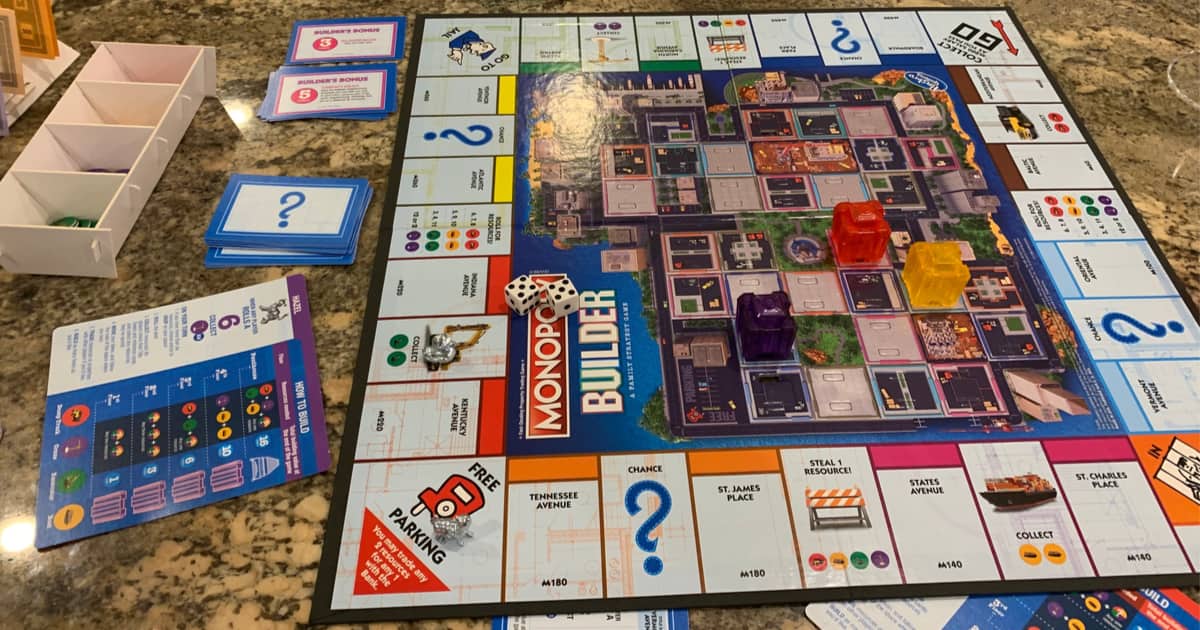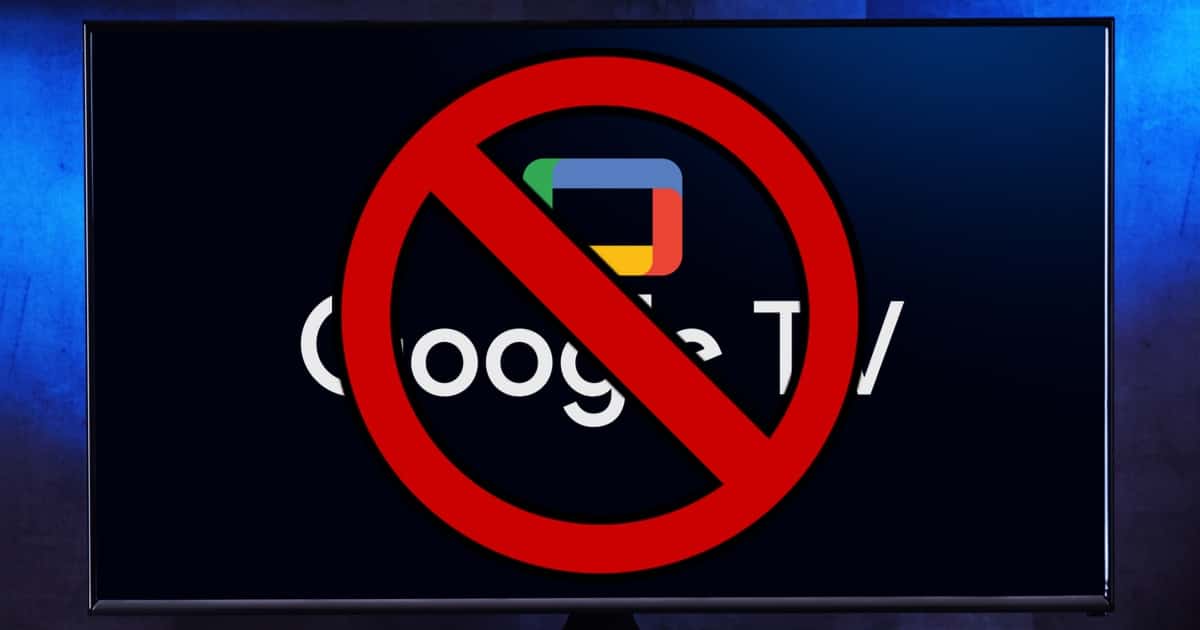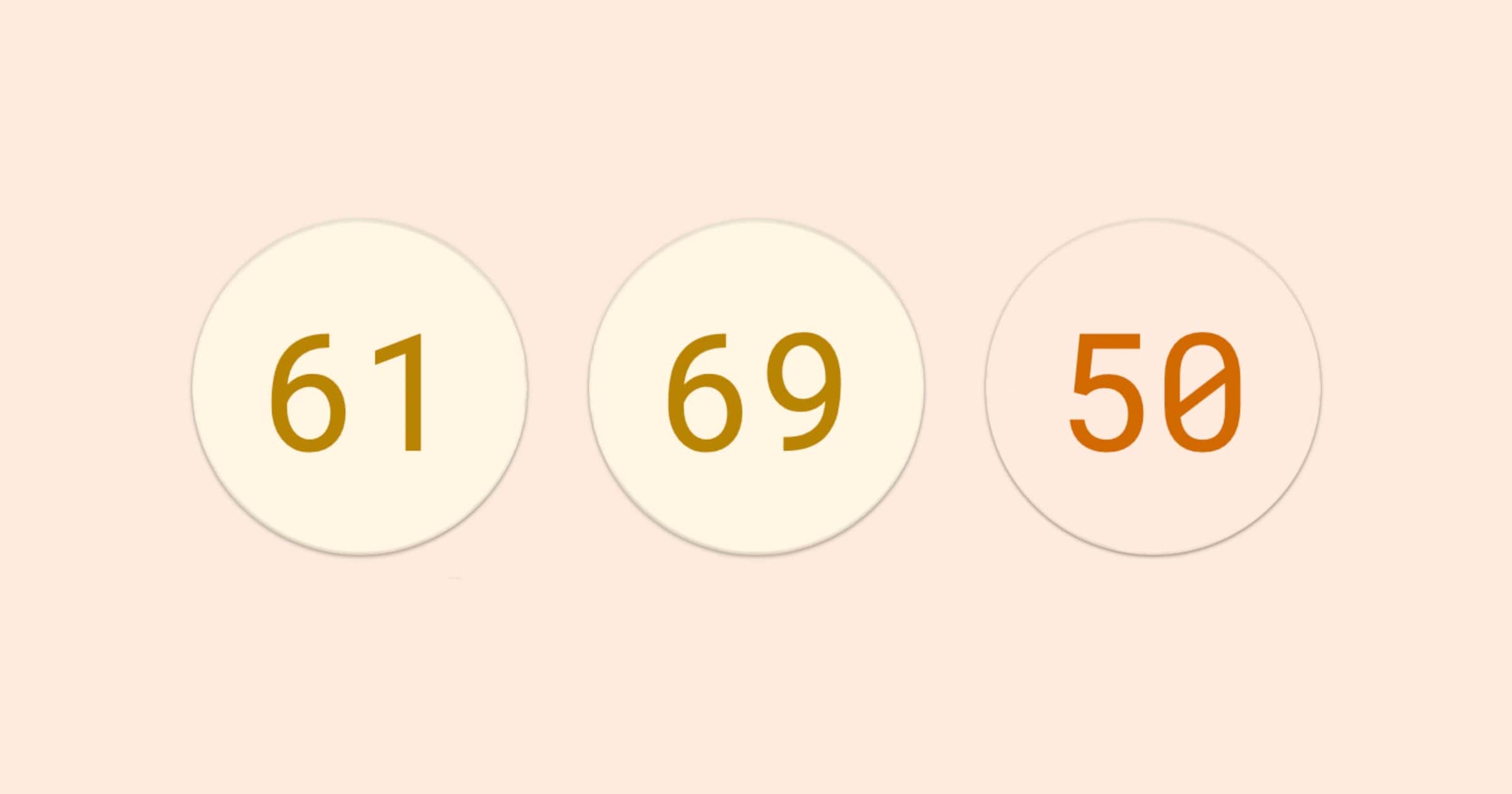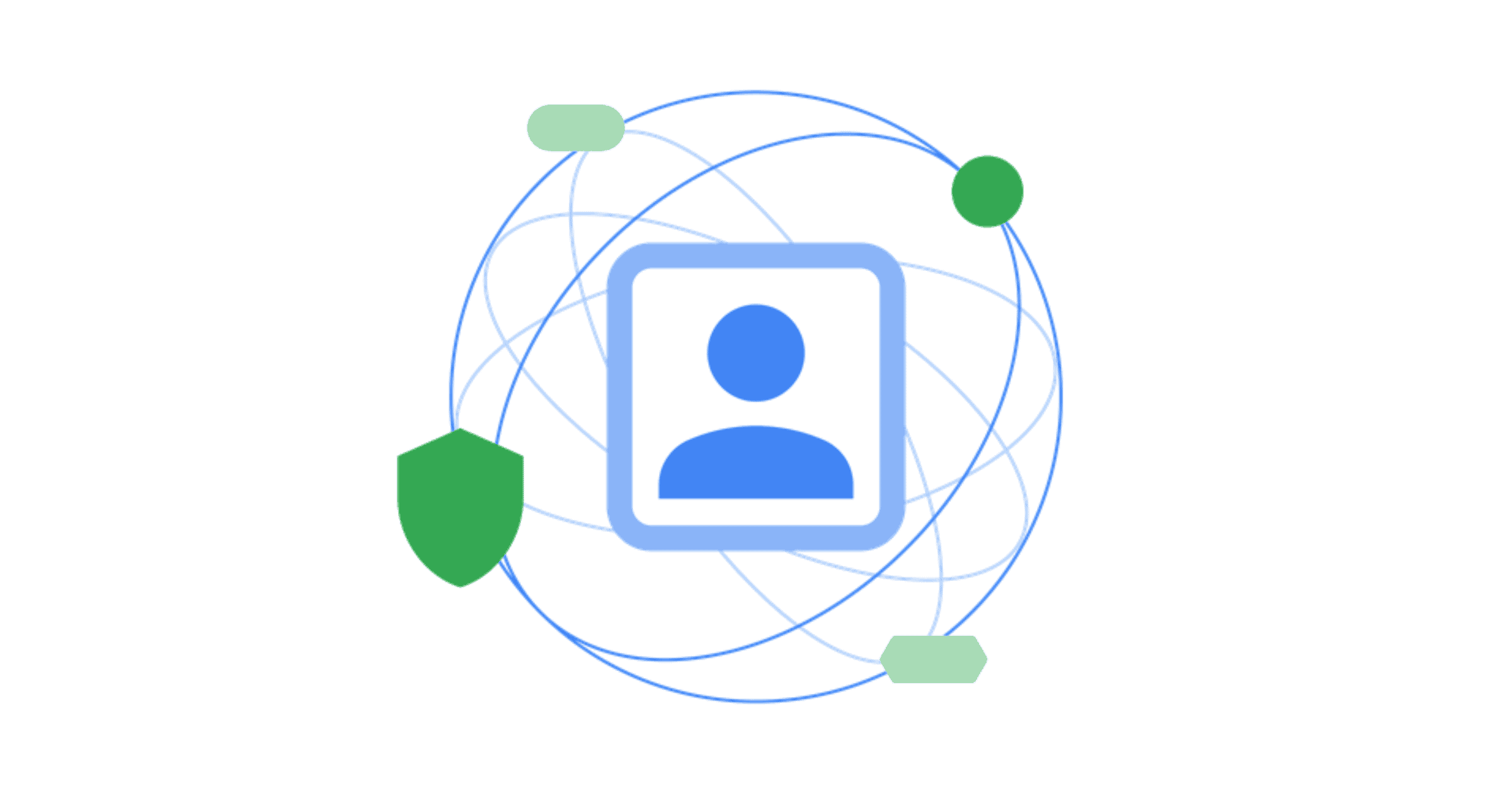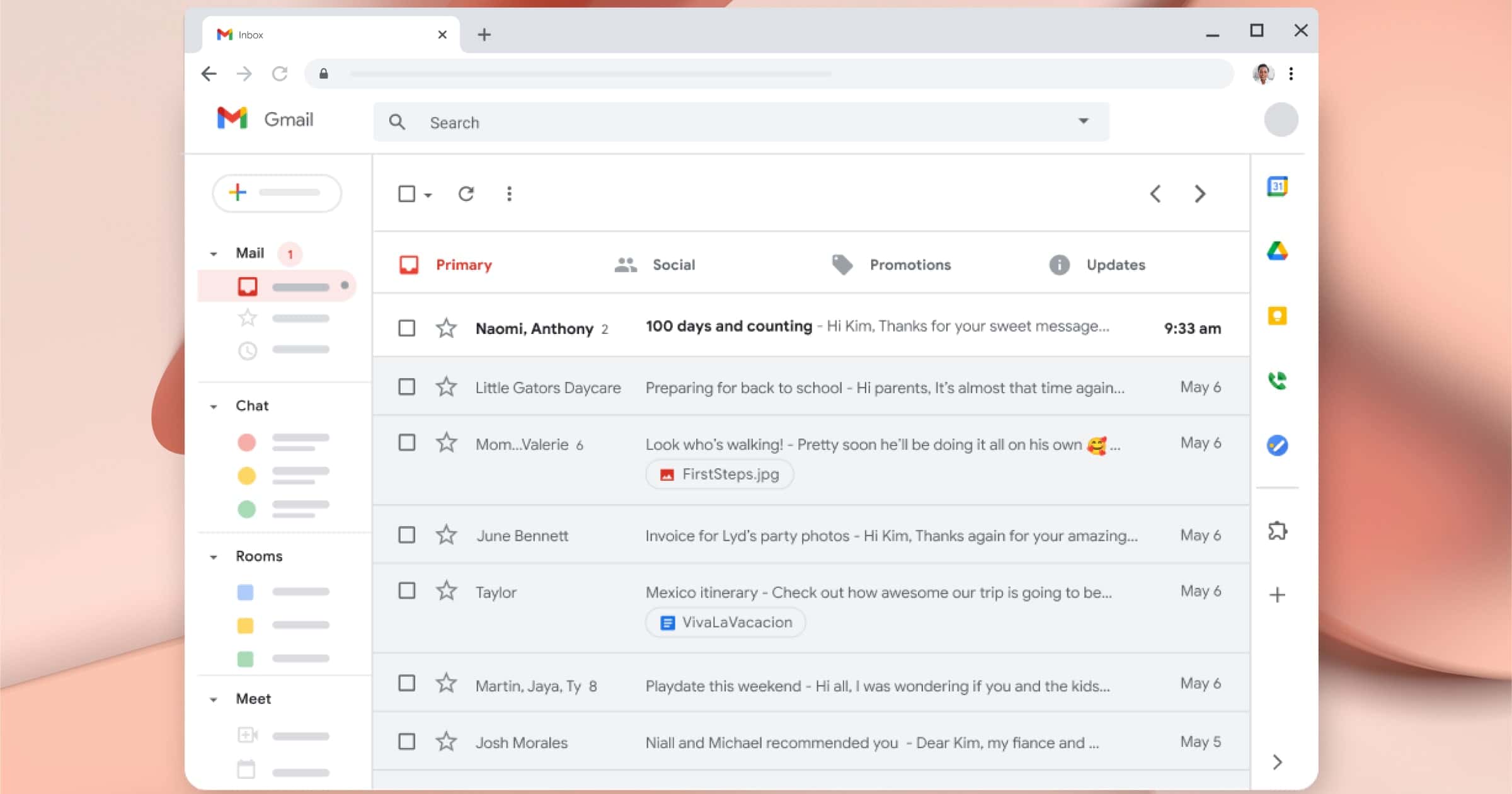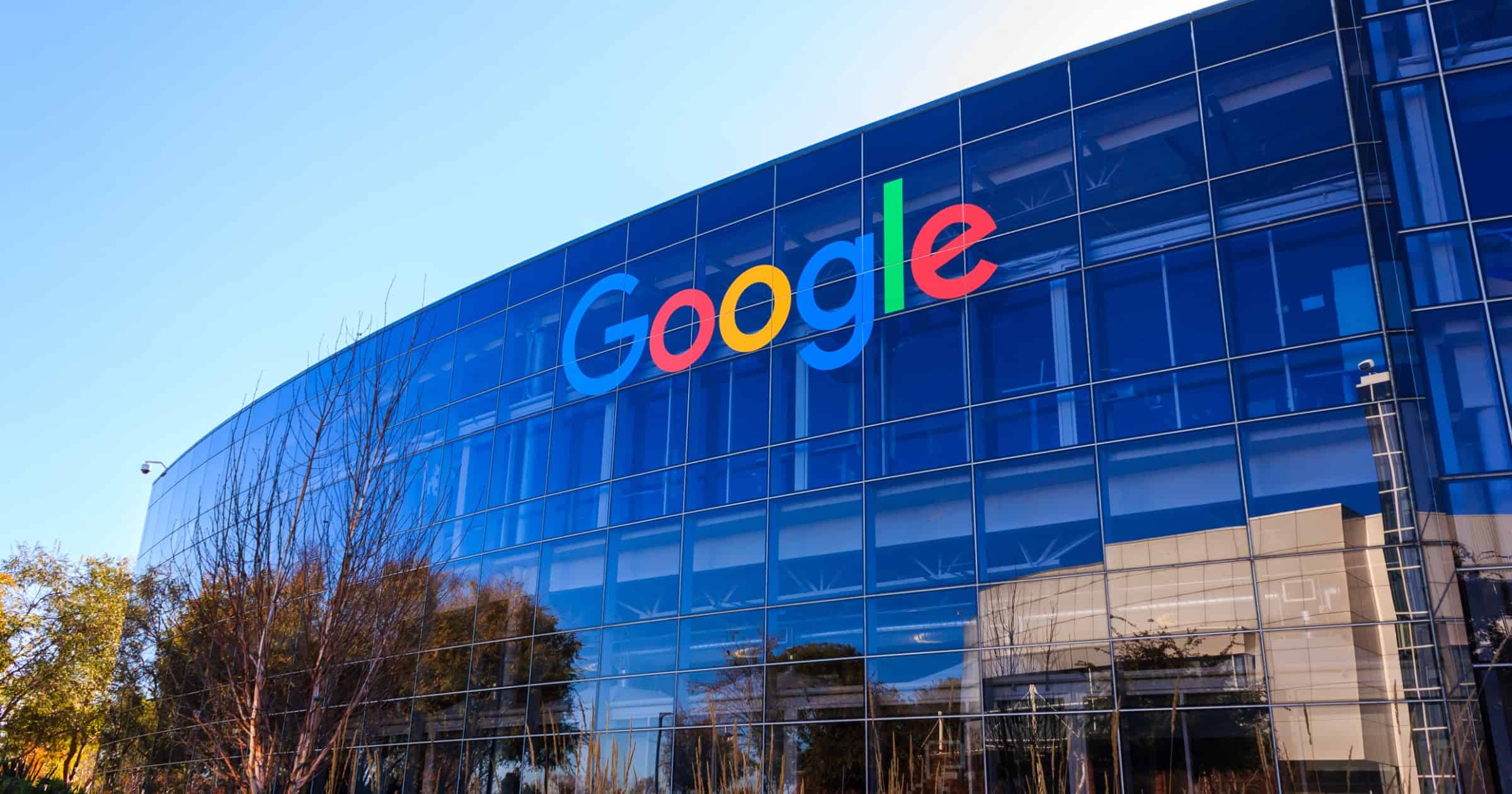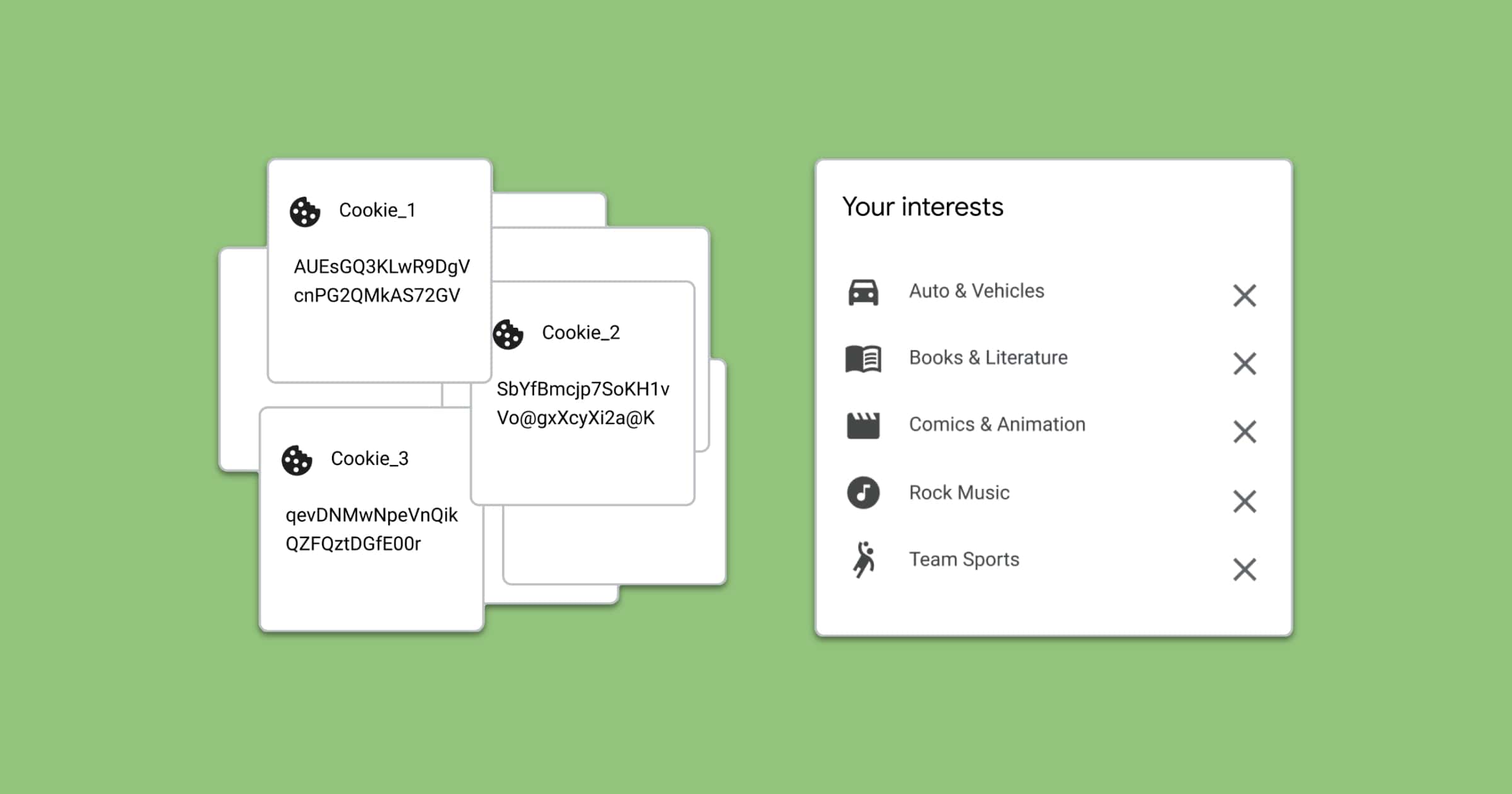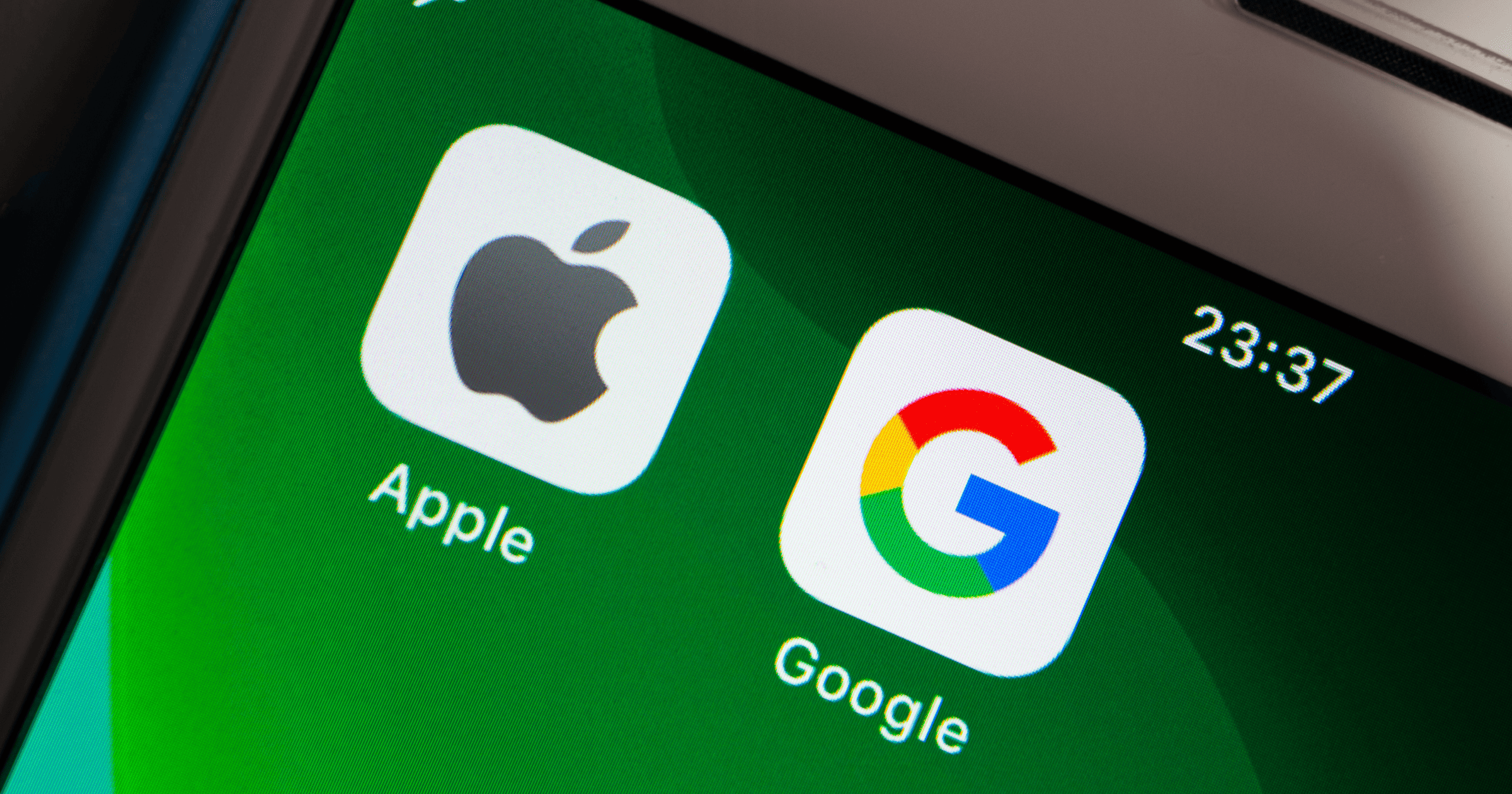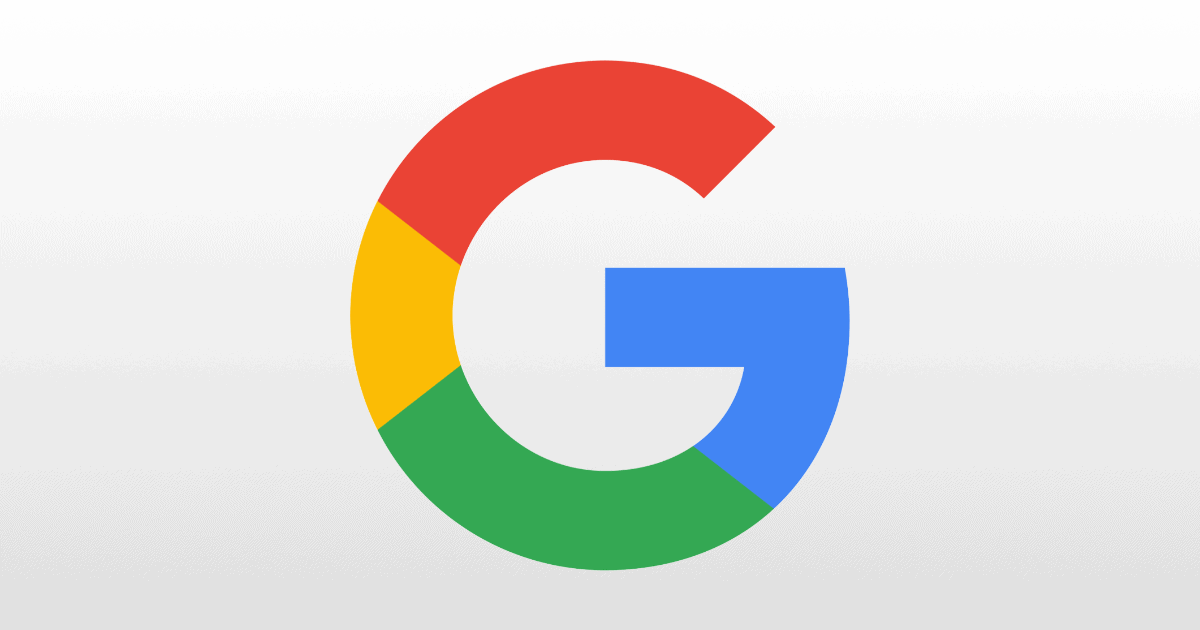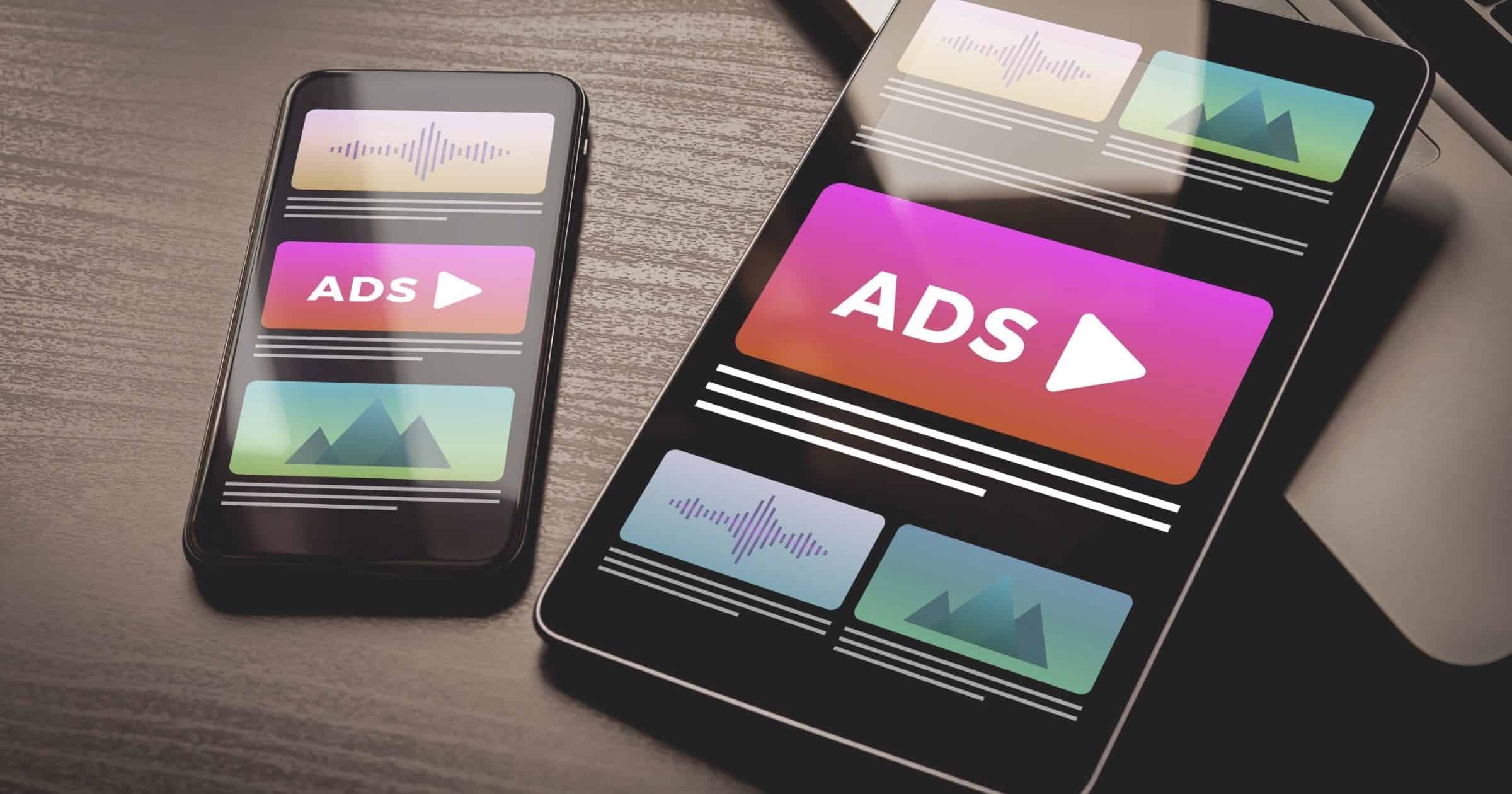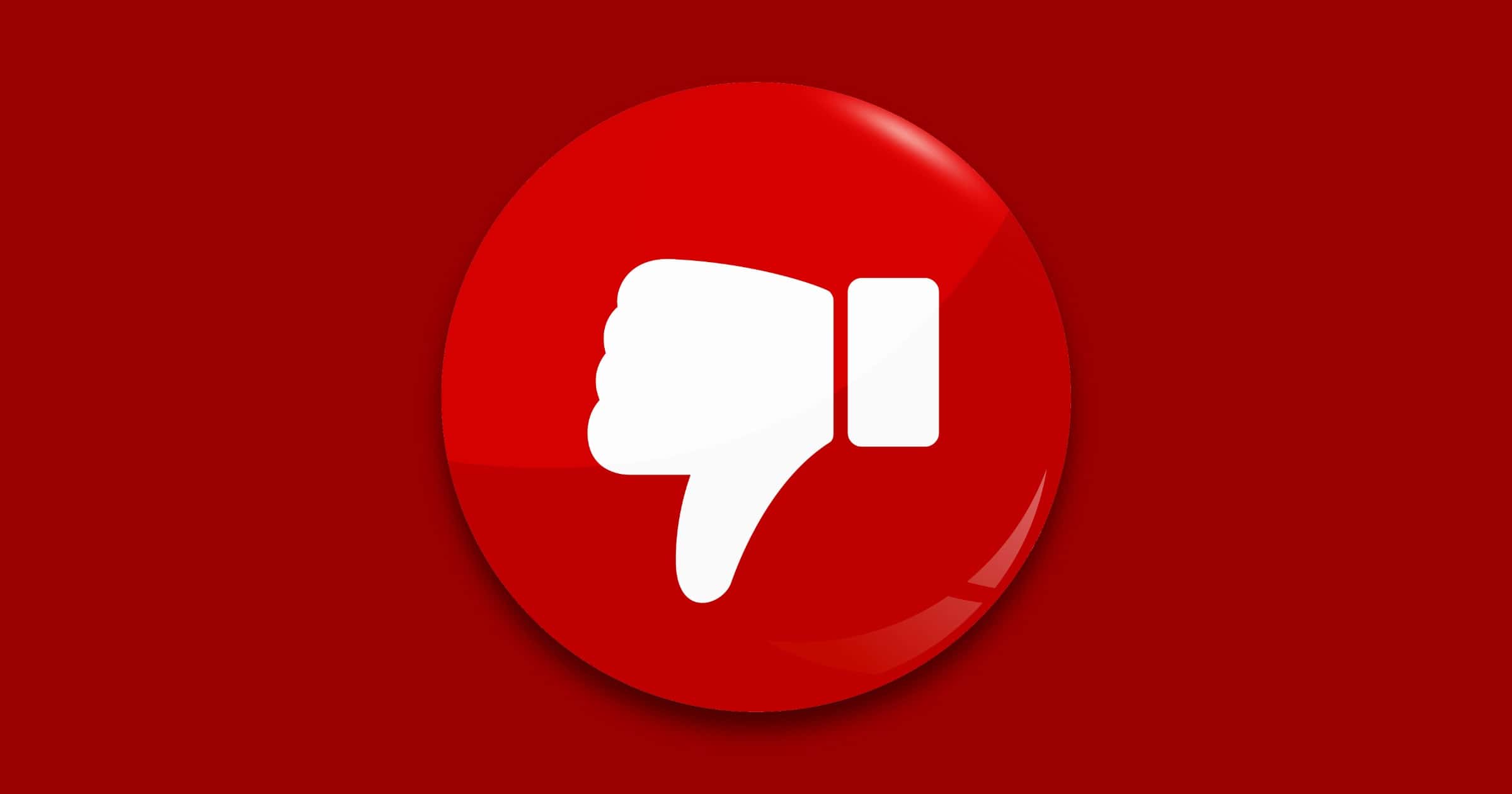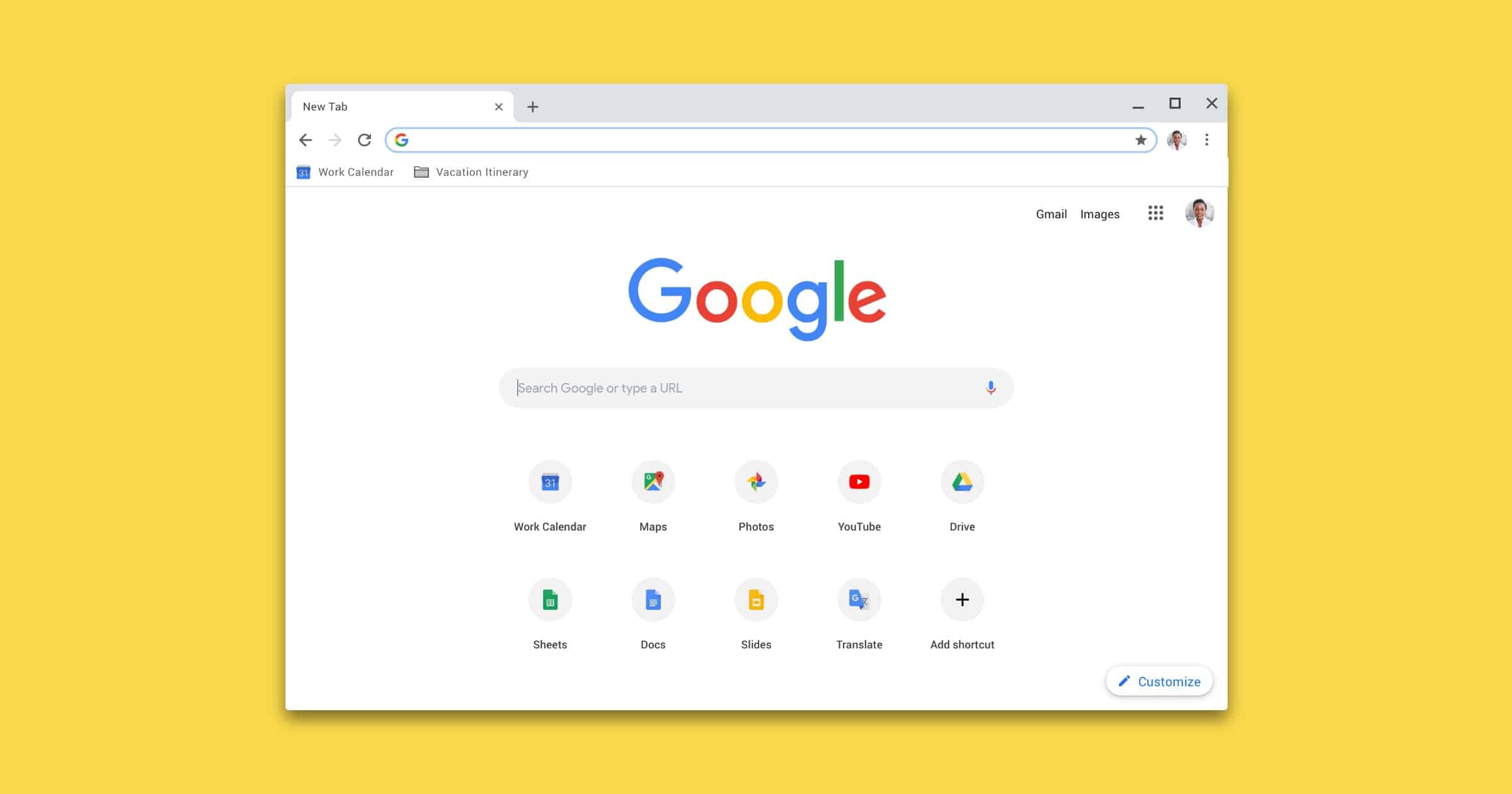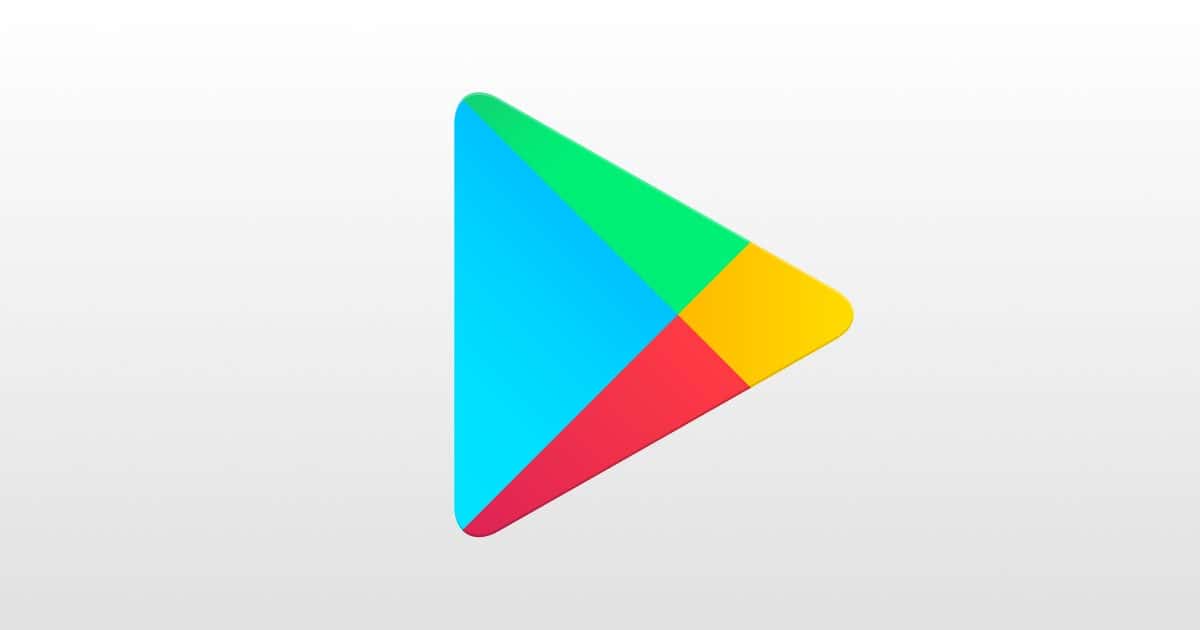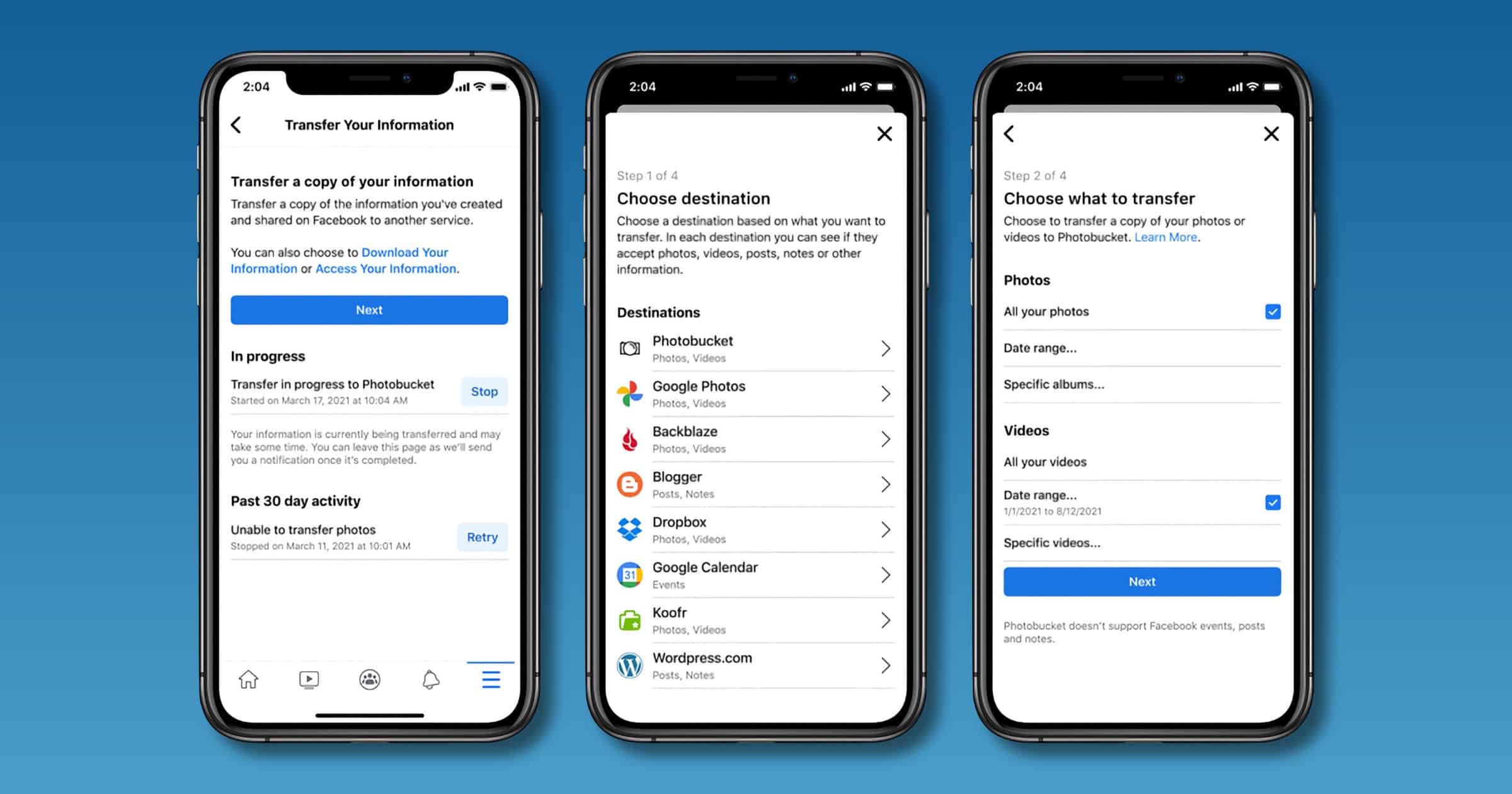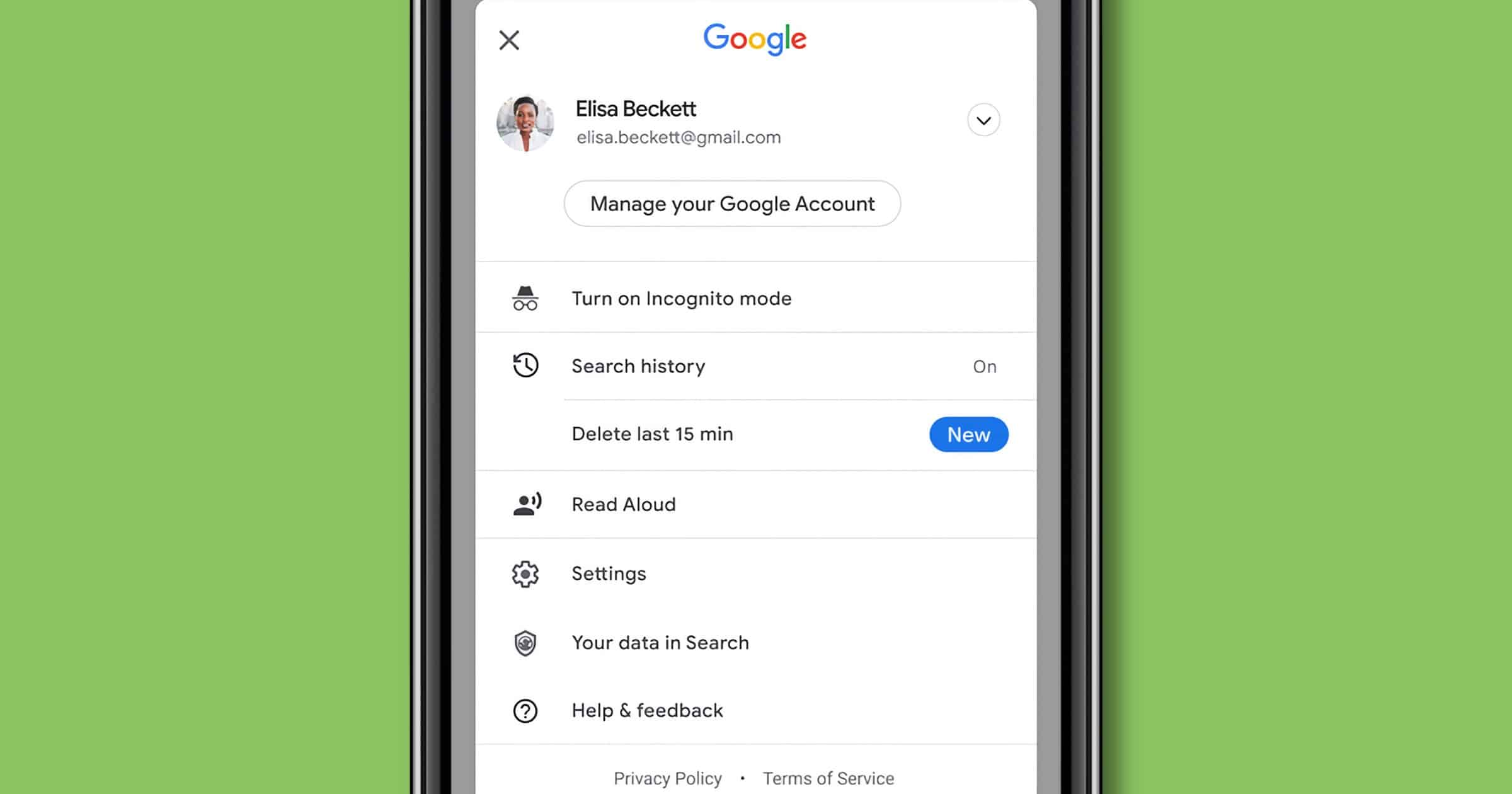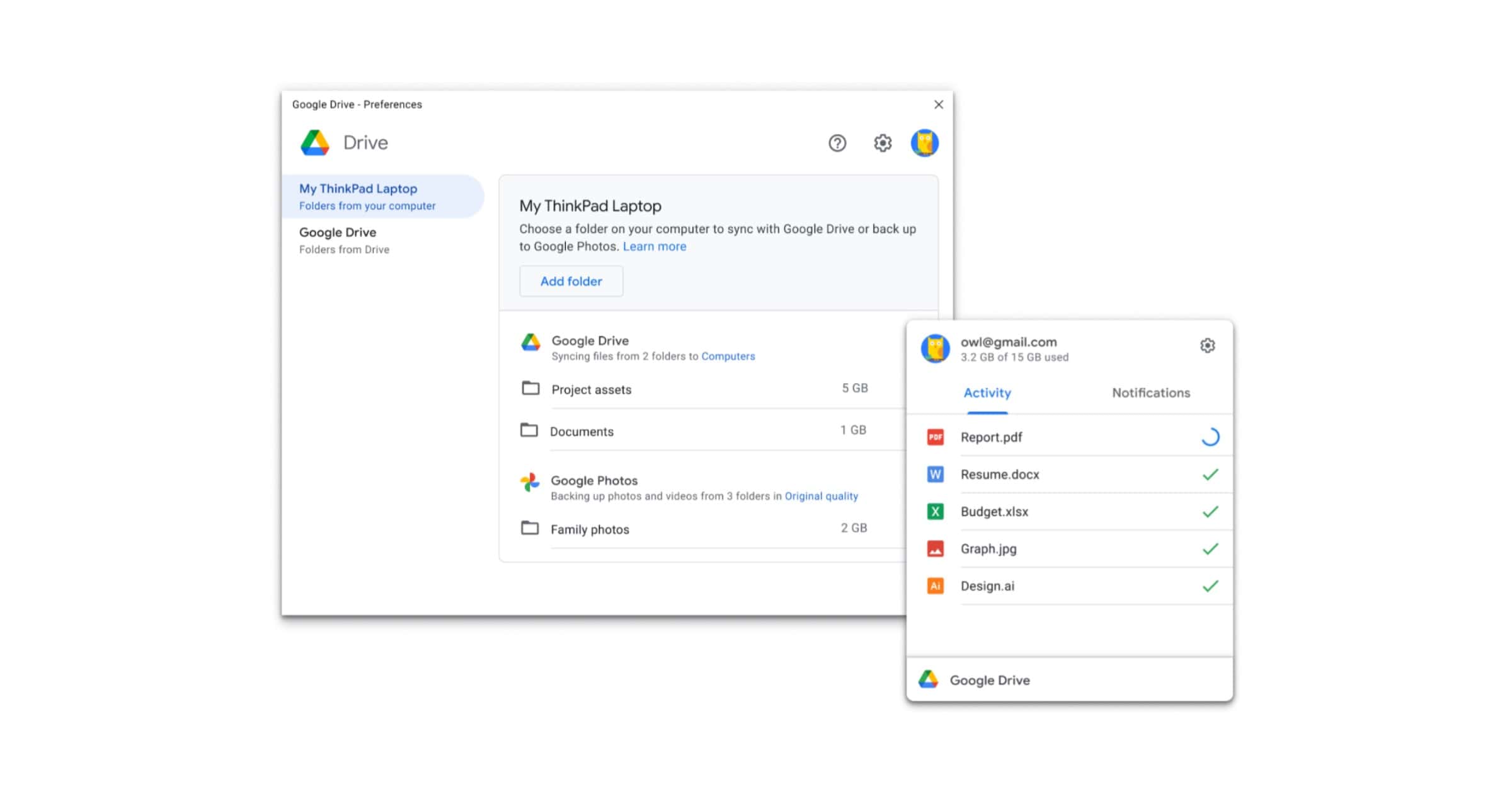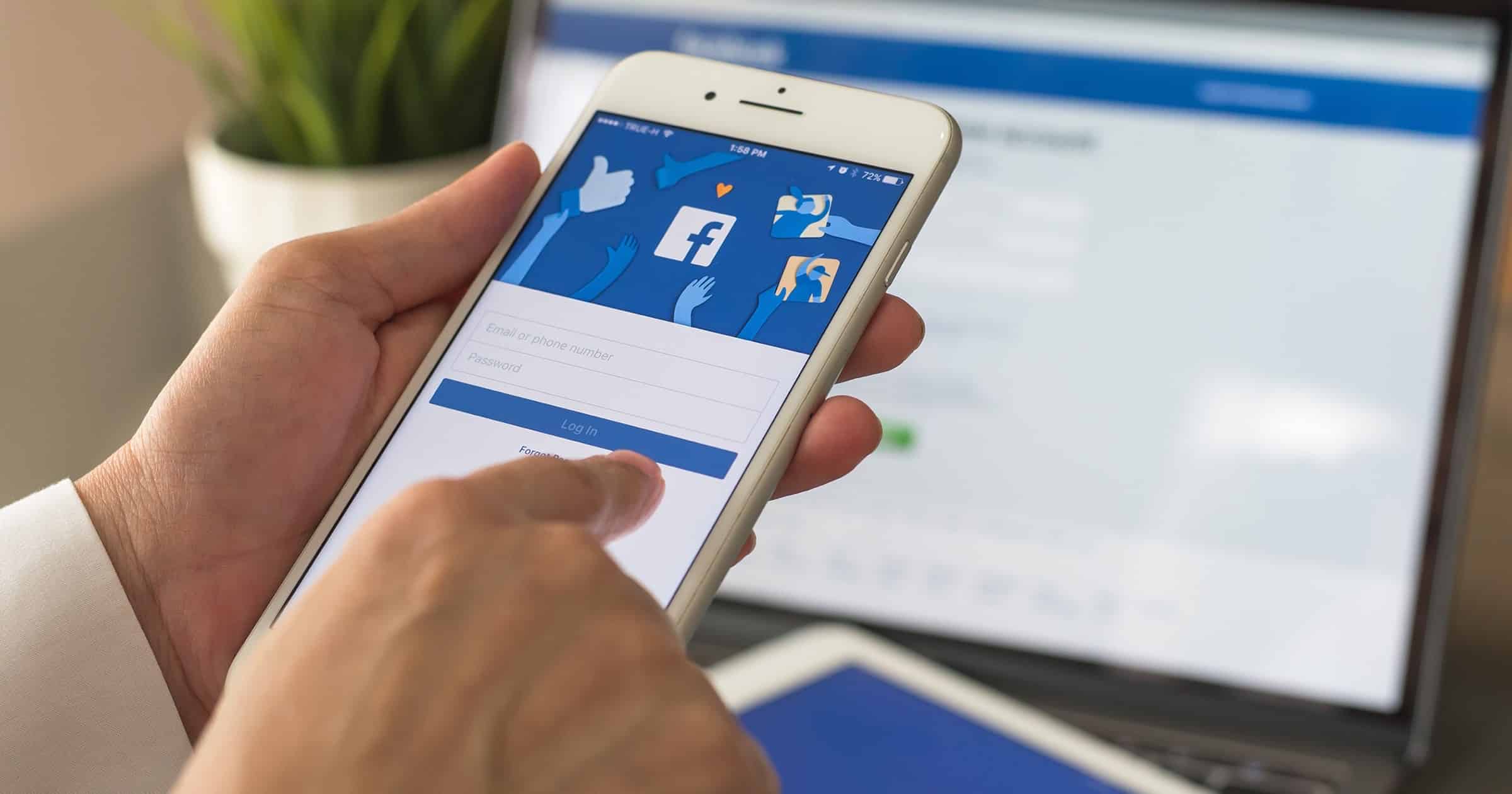A light show message insisting that “monopolies must go” will encourage Washington, D.C. commuters to write Congress about Big Tech bills.
Google and Android TV Lose Ability to Buy/Rent Movies in Apple TV App Update
The latest Apple TV app update for Google and Android removes the ability to buy and rent movies from iTunes on those devices.
Browser Makers Work on 'Interop 2022' for Compatibility
Apple, Mozilla, Google, and Microsoft are working on a benchmark called Interop 2022. It aims to help make developing for the web easier.
Android Announces Ad Privacy Changes, Takes Swipe at Apple
Google announced an overhaul in its approach to advertising and privacy on Android phones, and got in a swipe at Apple.
New Chrome OS Flex Could Revive Your Old Mac
Google has introduced Chrome OS Flex, its project that lets individuals, schools, or businesses put Chrome OS on their aging machines.
Google One VPN for iPhone Now Available to Use
iPhone owners can now starting using the Google One VPN if they pay for 2TB or more for Google One storage.
Privacy and security are always core to everything we make. Our systems have advanced security built in to help ensure no one uses the VPN to tie your online activity to your identity. Our client libraries are also open sourced, and our end-to-end systems have been independently audited. Our VPN has the full certification from the Internet of Secure Things Alliance (ioXt) and passed all eight of ioXt’s security principles.
Update: According to MacRumors, the Google One app is no longer available through the App Store.
Australian Defamation Verdict Causes Google to Cry Censorship
A recent Australian defamation verdict awarded US$40,000 in damages for an Google search result. Google warns of censorship.
Google Topics Will Categorize Your Browsing for Advertising
Google Topics will track your browsing and divvy it up into 300 categories for advertising. It replaces Federated Learning of Cohorts (FLoC).
When you hit upon a site that supports the Topics API for ad purposes, the browser will share three topics you are interested in — one for each of the three last weeks — selected randomly from your top five topics of each week. The site can then share this with its advertising partners to decide which ads to show you. Ideally, this would make for a more private method of deciding which ad to show you — and Google notes that it also provides users with far greater control and transparency than what’s currently the standard. Users will be able to review and remove topics from their lists — and turn off the entire Topics API, too.
Big Tech Nervous About 'American Innovation and Choice Online Act'
The Senate Judiciary Committee is set to deliberate on the American Innovation and Choice Online Act (AICO), a bill aimed at Big Tech.
Class Action Lawsuit Alleges Google Pays Apple to Stay Out of Search
A class action lawsuit has been filed alleging that Google and Apple have a deal that keeps the iPhone maker out of search.
Google Sets Out Plan For News Content to French Antitrust Regulator
Google has set out a plan for paying news agencies and publishers to French antitrust regulators. The proposals will now be put to public consultation, with responses required by January 31, 2022, Reuters reported. Google’s influence on the news business is obviously far more significant than Apple’s, although I imagine Cupertino will be keeping a keen eye on how this plays out.
News organizations, which have been losing ad revenue to online aggregators such as Google and Facebook (FB.O), have complained for years about tech companies using stories in search results or other features without copyright payment. As part of its proposals, Google commits to negotiate “in good faith” with news agencies and publishers the amount it would pay for using their protected content. It also commits to making a payment offer within three months from the start of the negotiation. If a deal cannot be reached, it would be possible to go to an arbitration court that would decide on the amount to pay.
Italian Regulator Hits Apple, Google, With Fine Over Data Use
Italy’s antitrust regulator announced on Friday that it has issued Apple and Google with fines of €10 million ($11.2 million) each.
Apple Caught Secretly Buying Ads on Google for Top Tier Subscription Apps
A recent report reveals how Apple has been buying Google ads on behalf of high-value subscription apps, with the developers unaware.
YouTube Moves to Hide Dislike Count From User Interface
YouTube announced on Wednesday that it will begin hiding the number of dislikes videos have on its platform.
And earlier this year, we experimented with the dislike button to see whether or not changes could help better protect our creators from harassment, and reduce dislike attacks — where people work to drive up the number of dislikes on a creator’s videos.
YouTube is only making it harder to spot crappy videos at a distance. Now you’ll have to click on each video to be sure, or read the comments. More views = more money for Google.
Minors Can Now Request Photo Removal From Google Search
Google says that minors, or their parents, can now request their photos be removed from Google Search as a new privacy feature.
Google Follows Apple And Slashes Play Store Fees
Google is reducing the fees it takes from developers in the Play Store, CNBC reported. It is dropping the cut it takes from subscriptions from 30 percent to 15 from day one. The move from Google follows similar ones made by Apple.
Google also said on Thursday that it was introducing a program to allow e-books, music streaming services, and other apps that pay for content to access fees as low as 10%. Apple doesn’t make exceptions for those kind of apps and doesn’t offer a 10% fee to developers in its app store. Apple, which has received more regulator attention over its app store than Google, over the past two years cut its take from 30% to 15% in many cases, including for apps making less than $1 million per year, news apps, and certain premium video streamers that participate in an Apple program. But Apple still charges 30% for the first year of a subscription, meaning that Google’s app store may be more competitive for subscription-based apps.
How Google Search Works: An Insider Reveals All
Google has launched a web page that aims to help people understand how Google Search works and how the team improves and designs this service.
Google Introduces New Safety Features for Kids and Teens
Google on Tuesday announced new safety features for minors across YouTube, Google Search, Google Play Store, and more.
In the coming weeks, we’ll introduce a new policy that enables anyone under the age of 18, or their parent or guardian, to request the removal of their images from Google Image results. Of course, removing an image from Search doesn’t remove it from the web, but we believe this change will help give young people more control of their images online.
Facebook Transfer Tool Adds Photobucket, Google Calendar
Facebook announced on Monday that it added two new services to its information transfer tool: Photobucket and Google Calendar.
Google Adds Tool to Quickly Delete Your Last 15 Minutes of Searches
Google is adding new protections for your search history like quick deletion, requiring verification to access the My Activity section, and more.
You can also try out a new way to quickly delete your last 15 minutes of saved Search history with the single tap of a button. This feature is available in the Google app for iOS, and is coming to the Android Google app later this year.
You could also just turn disable your search history altogether, too.
Google Unifies Two Desktop Apps Into a Single ‘Drive’ App
Google is merging its Google Drive sync clients on the desktop: Backup and Sync with Drive File Stream. The new app will be Drive for Desktop on macOS and Windows. The company shares a timeline with other details in its blog post.
Drive for desktop is a unified sync client that provides a consistent experience for anyone who uses Drive, whether for business, education or personal purposes. It enables you to quickly sync and access content directly from Mac or PC, which can save you time by helping you access files and folders in a familiar location.
Thirty-six States And DC Sue Google Over Antitrust Claims
Thirty-six states and the District of Columbia are suing Google claiming that the firm has used anticompetitive practices.
Facebook Funds Second Study That Says Apple Is Bad
A new study is out, yet again funded by Facebook, that concludes Apple and Google have harmful practices.
